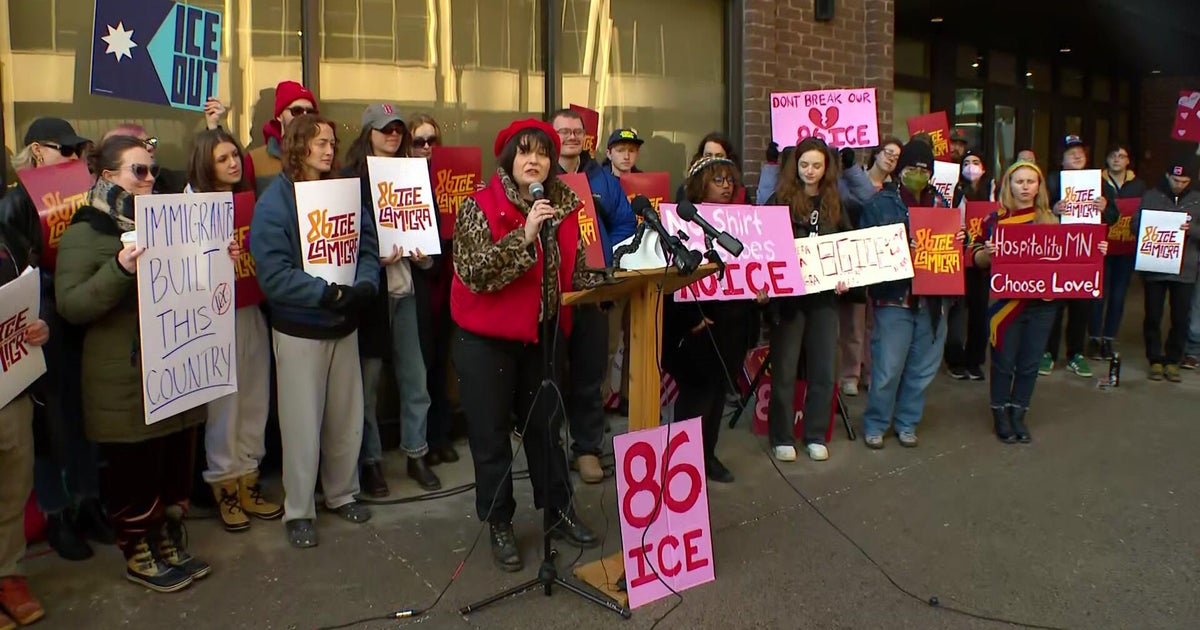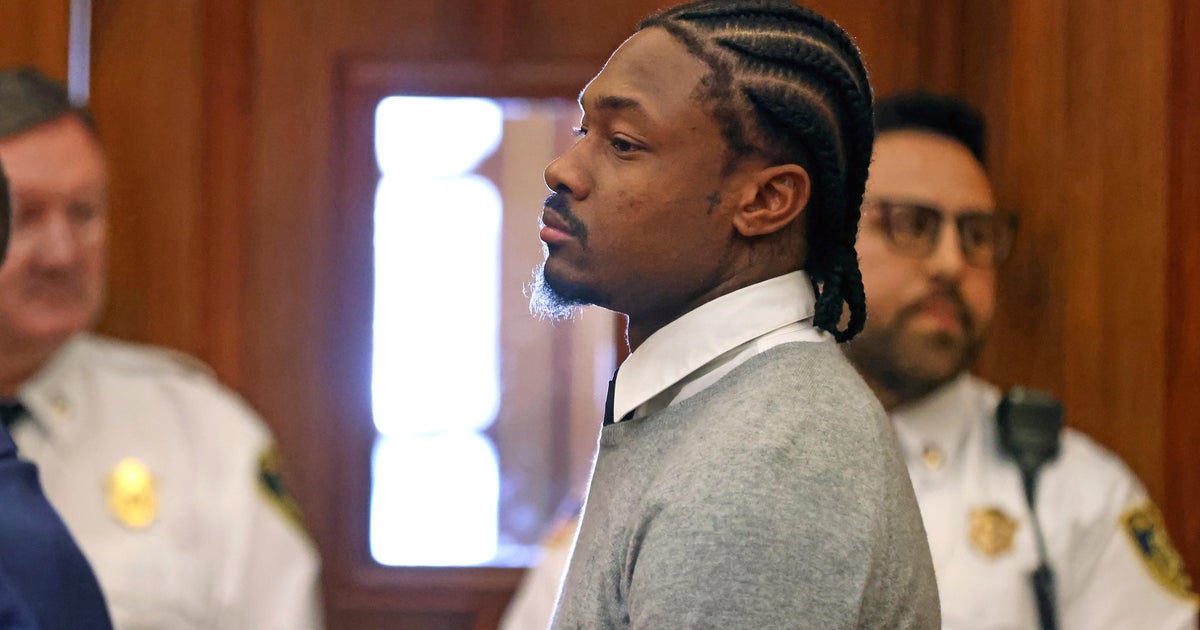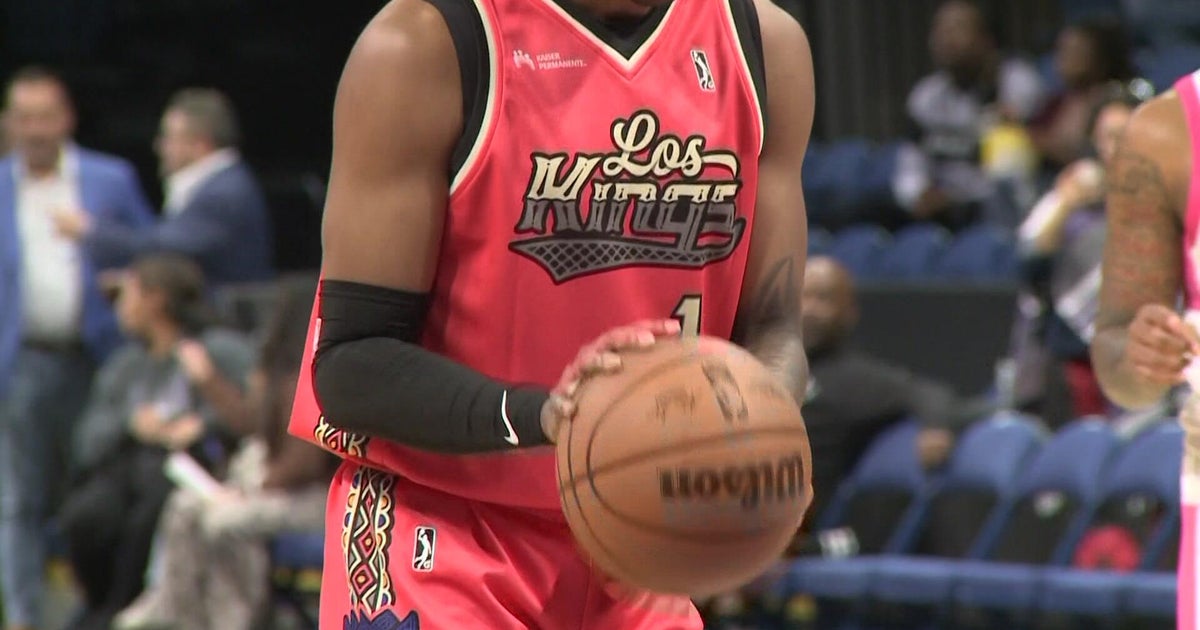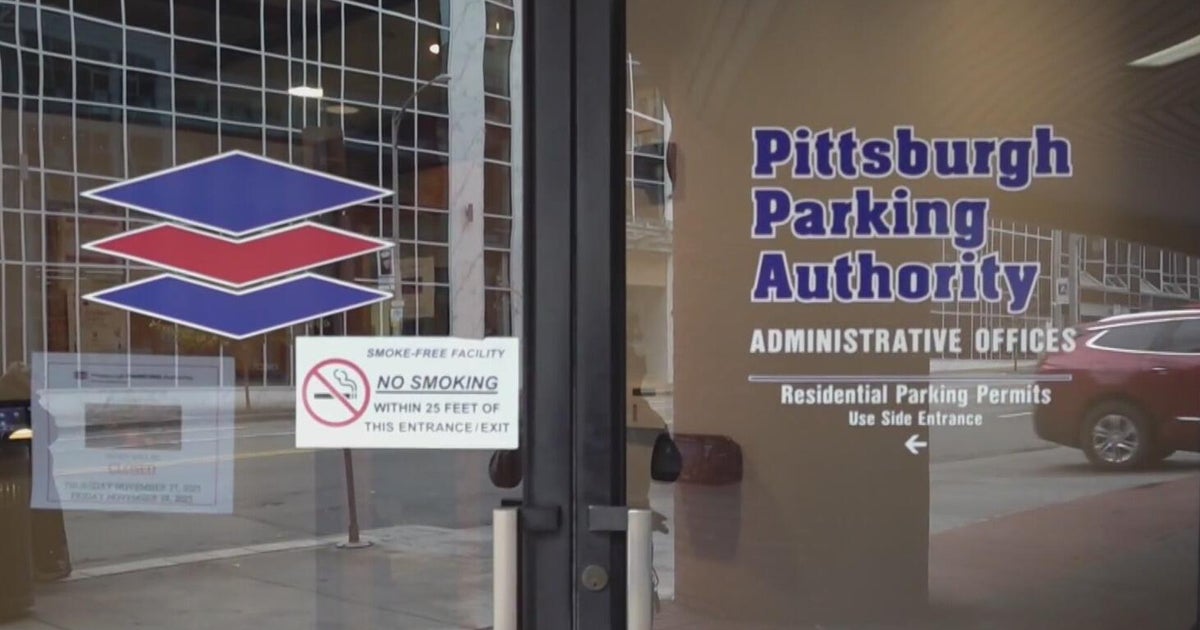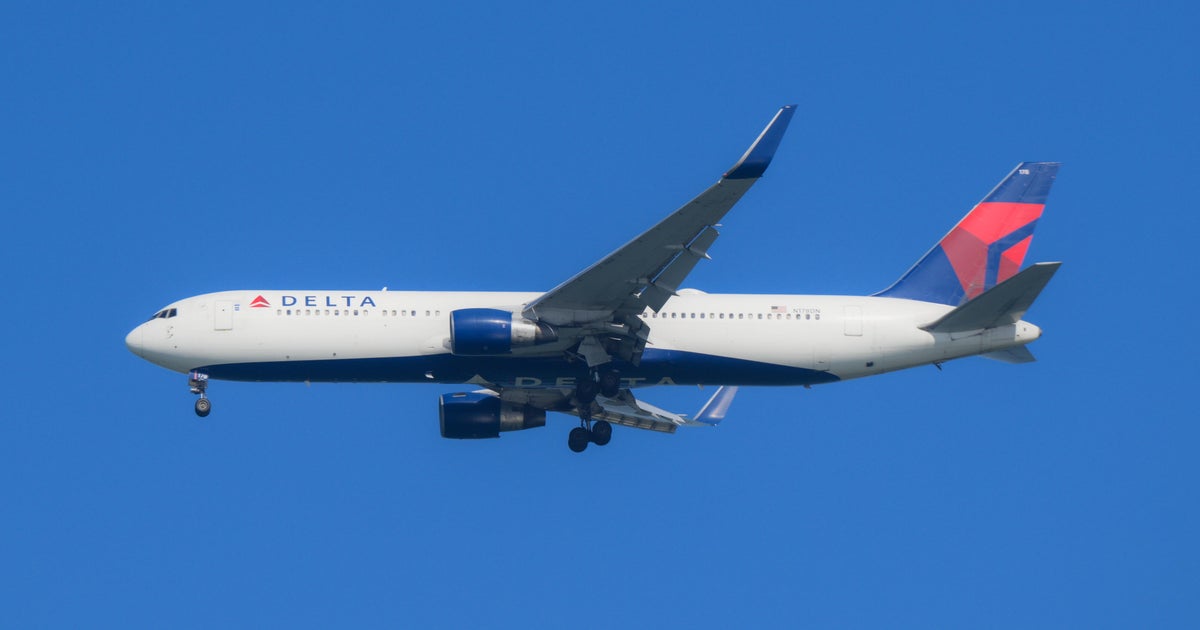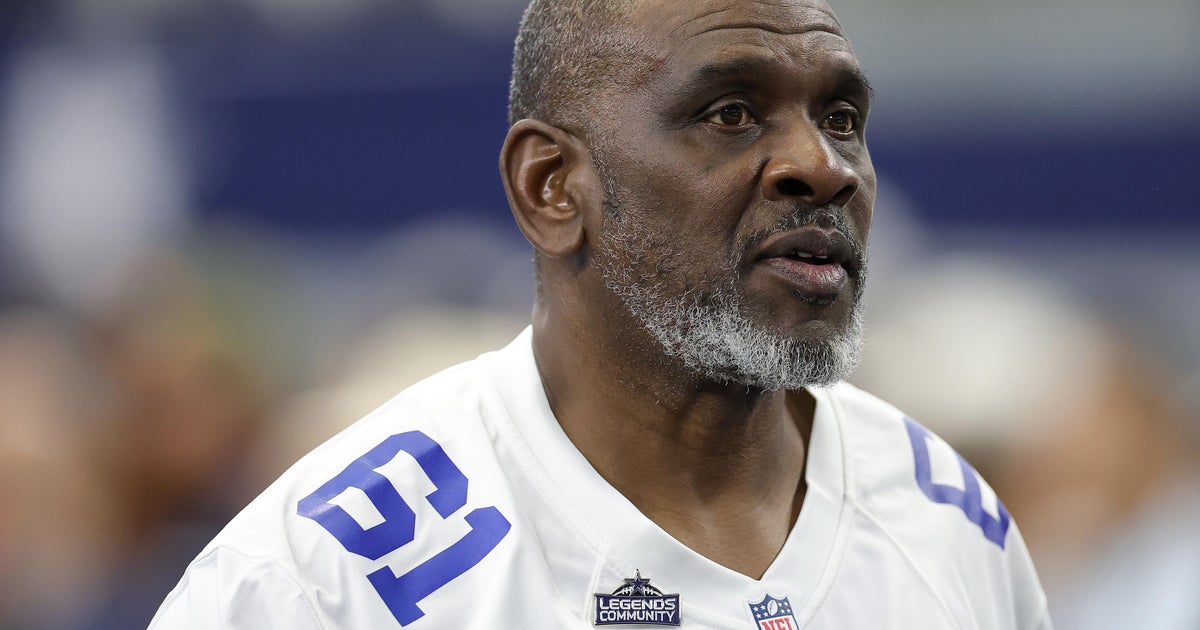Good Question: How Are Super Bowl Tickets Allocated?
MINNEAPOLIS (WCCO) -- The countdown is on. The Super Bowl makes its way to Minnesota next year and that had Paul from Minneapolis wondering if he can get tickets. So, how are Super Bowl tickets allocated? Good Question.
The Super Bowl Host Committee says it's too early to talk tickets for 2018, but there is some insight to be gained by looking at what's happened in the past few years.
"It's not the average fan's game, I can promise you that," says Andrew Baydala, a vice president with Ticket King. "It's just controlled by the NFL and it's controlled by sponsorships."
According to the NFL, 35 percent of the tickets have gone to the teams playing in the game (17.5 percent to the AFC champion and 17.5 percent to the NFC champion). Another 6.2 percent has gone to the host city team and one-third (33.6 percent) are split between the 29 other teams. The NFL has kept about 25 percent for media, staff, a small lottery or anyone else it wants.
Teams decide who gets the tickets from owners to players to sponsors to coaches. There is generally a lottery for season ticket holders of the teams playing the game and host city. Lottery winners can buy tickets at face value.
During the first ten Super Bowls, tickets went for $10 to $20. In 2017, the cheapest face value ticket was $850.
According to Baydala, players aren't allowed to scalp. Former Vikings coach Mike Tice was fined $100,000 in 2005 for scalping Super Bowl tickets.
NFL teams are able to sell packages that include tickets, hotel rooms, airfare or visits to the field through NFL on Location or PrimeSport.
"They pay close to eight, ten grand just for the package. And your seat is nowhere what you would want," says Baydala.
He predicts next year's tickets on the secondary market will go for between $2,000 and $3,000 – unless the Vikings or Packers are playing, then expect twice that amount.
